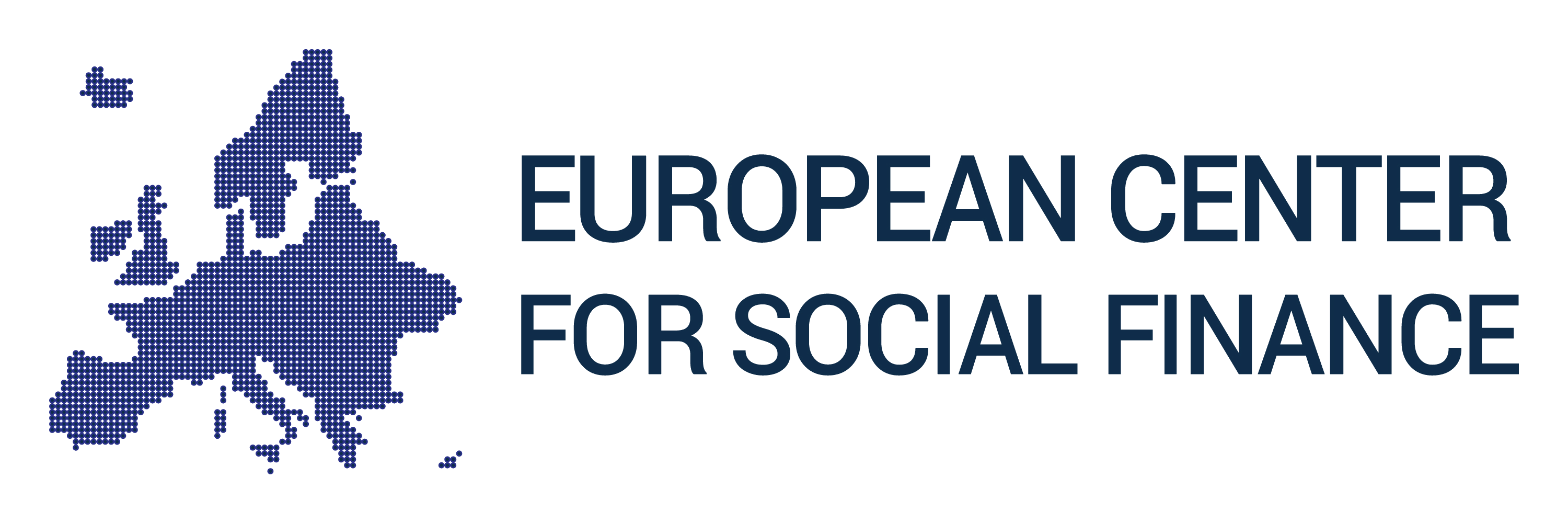European Center for Social Finance
Your most experienced partner in European Social Finance.
Bridging Theory, Practice, and Policy
The European Center for Social Finance is dedicated to establishing best practices and distributing knowledge in financing social services and innovations.
We work at the intersection of academic research and practical implementation, helping social finance institutions across Europe achieve greater impact through structured selection criteria and financial assessment.
Current Projects
Explore our ongoing initiatives across Europe, focused on social entrepreneurship and innovative finance.
NextSME
Ensuring continuity and sustainability for small and medium-sized family businesses beyond the third generation with modern tools and knowledge.
View ProjectStayOK
Focusing on well-being at work for small companies, addressing hybrid work, AI for HR, and work/life balance to curb the trend of great resignation.
View ProjectDeal4Good
Empowering social enterprises to participate in Social Public Procurement, bridging the gap between VET and the social economy.
View ProjectTechnical Assistance
We are delivering technical assistance to social finance intermediaries and microfinance institutions.
View ProjectStudies on Embedded Finance and AI for Micro Businesses
We are conducting research on embedded finance as well as the use of artificial intelligence for micro businesses.
View ProjectImpact Due Diligence and Impact Audit
We are continuously preparing impact due diligence reports and impact audits for social finance intermediaries.
View ProjectLatest News
Stay updated with our recent activities and upcoming events.
